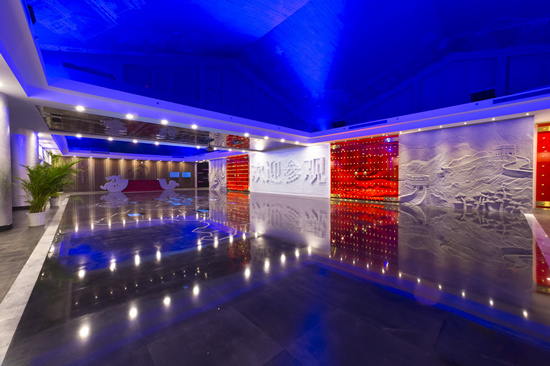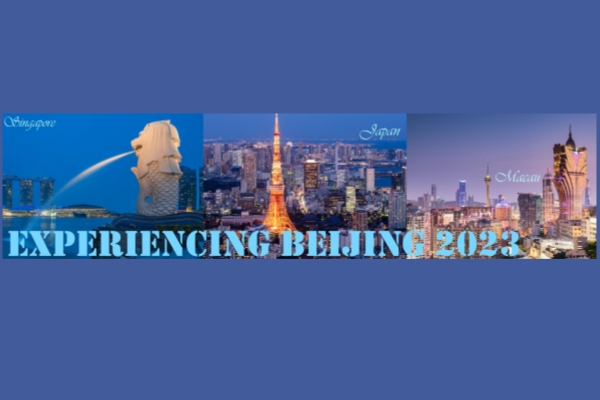Sci-tech week puts Beijing's innovation in focus
The recent Beijing Science and Technology Week put the capital's top tech on show and attracted some 400,000 visits, according to the event's organizers.
Running from Aug 23 to 29, the science and technology promotional event showcased technological achievements especially from key innovation centers in the capital — Zhongguancun Science City, Huairou Science City and Future Science City, as well as the Beijing Economic-Technological Development Area.
The four regions play an active role in promoting Beijing's high-tech businesses and contributed to more than 30 percent of the city's GDP in 2019.
They also served as subvenues of the annual sci-tech week for the first time.
An exhibition of Zhongguancun Science City focused on its breakthroughs in artificial intelligence and in the medical and healthcare sector. The subvenue of Huairou Science City put an emphasis on the progress in the construction of a national science center. Future Science City's exhibition featured regional coordination in innovation, as well as achievements in new energy and industries related to life sciences.
At the Beijing Economic-Technological Development Area, a series of state-of-the-art products were displayed, covering a variety of sectors including advanced manufacturing and autonomous driving.
These subvenue exhibitions complemented the BSTW on the cloud, showing visitors and online audiences Beijing's technological muscle.
It was the first time for the annual event to go online. Using artificial intelligence and virtual reality technologies, the online BSTW provided three-dimensional displays, recovery scenarios and immersive experiences.
A special exhibition section dedicated to technological solutions to the COVID-19 pandemic was a major attraction at the online BSTW. It showcased Beijing's strengths in coping with the virus in different areas, ranging from laboratories to hospitals and clinics, to prevention and control in daily life.
Another part of the event, an innovation exhibition showcased a host of major breakthroughs in industries. They included new energy generation systems, industrial robots, intelligent equipment and machines, intelligent connected vehicles, new materials, major new-type infrastructure models and new-generation information technology applications combining AI, big data, the internet of things, blockchain and 5G.
A life section showed how technological progress is creating a better life. Houses designed for elderly people, intelligent devices and equipment for kitchen waste collection and treatment, a smart traffic control system, as well as an array of creative cultural products, were among the innovations that brought a fresh perspective on daily life.
In a poverty alleviation-themed section, advanced agricultural technologies, rural resource management systems, new agro-business models and robots capable of teaching farming skills were on display.
Beijing is building itself into a national science and technology innovation center, developing an edge in frontier tech sectors, such as AI and blockchain, local media reported. As it is accelerating restructuring its economy and upgrading industries, the city is on the fast track to create a new economy featuring high-tech businesses.

 Responsibilities of the SOCAAC
Responsibilities of the SOCAAC Experiencing Beijing 2023
Experiencing Beijing 2023